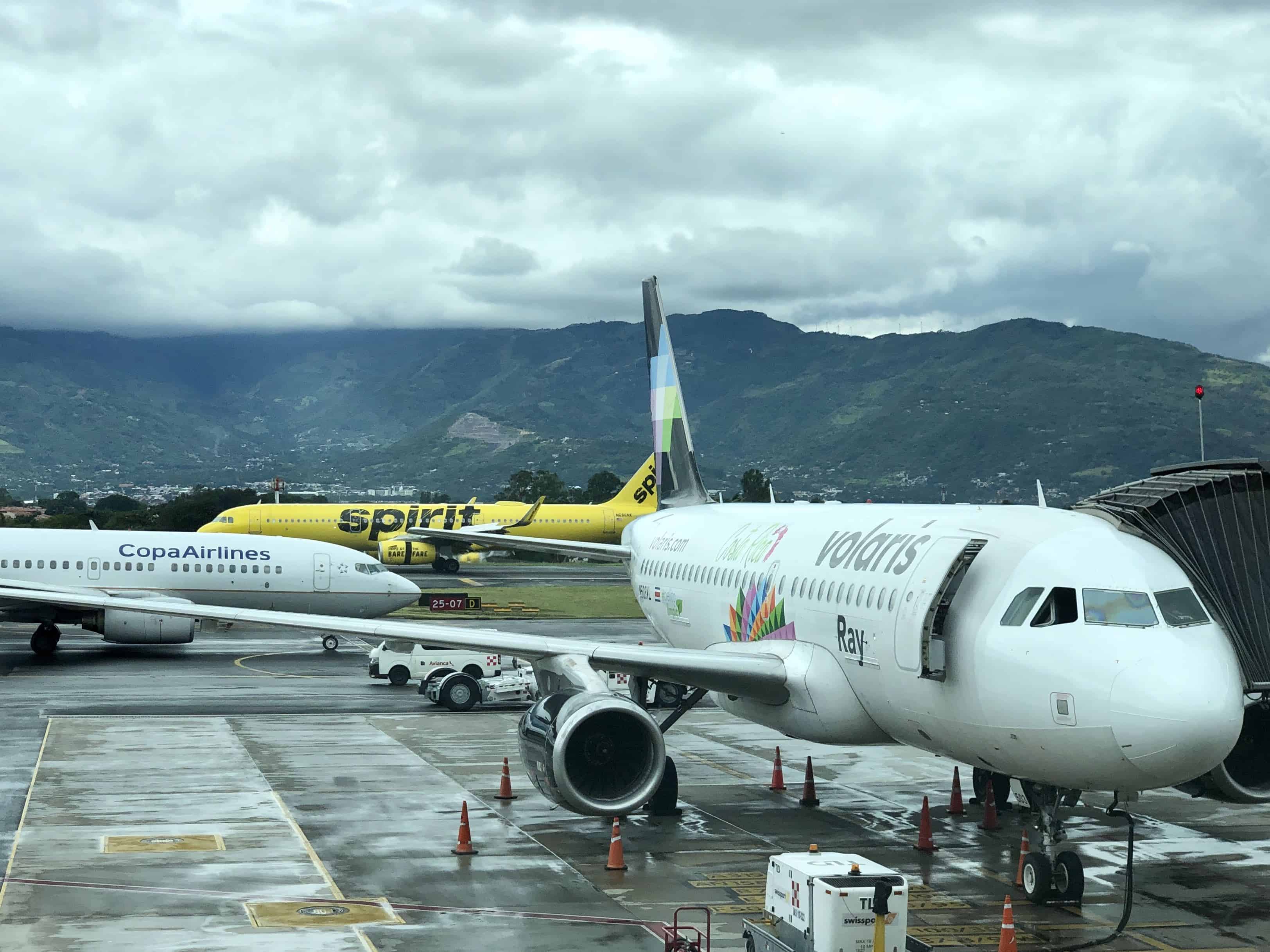We’ve fielded several questions in recent days regarding whether or not to travel as the novel coronavirus spreads worldwide.
Since the novel coronavirus first emerged in late December, 2019, 110,564 cases have been recorded in 100 countries and territories, killing 3,862 people, according to an AFP toll based on official sources on Monday around 1100 GMT.
Costa Rica has nine confirmed cases and 34 suspected cases as of Sunday night, according to the Health Ministry.
While every person’s situation is different, here are the latest recommendations from official sources.
CDC travel notices
The Centers for Disease Control and Prevention (CDC) has not issued any travel notices regarding Costa Rica.
As of Monday morning, the CDC recommends avoiding nonessential travel to China, Iran, South Korea and Italy. It advises that older adults or those who have chronic medical conditions reconsider travel to Japan.
There is risk of limited community transmission in Hong Kong, but travelers “should practice usual precautions,” the CDC says.
If you travel to Costa Rica, the CDC recommends:
- Avoiding contact with sick people
- Cleaning your hands often by washing with soap and water for at least 20 seconds or using an alcohol-based hand sanitizer with 60%–95% alcohol
- Paying attention to your health for 14 days after returning to the US. Stay home and seek medical advice if you get sick with fever, cough, or difficulty breathing
Avoid traveling if you are sick.
The United States has not restricted or suspended travel to visitors from Costa Rica.
Costa Rican health authorities
Costa Rica’s Health Ministry has advised the elderly and anyone with relevant preexisting conditions (e.g. diabetes, hypertension, or chronic pulmonary or heart issues) to avoid large gatherings. Those populations should actively avoid people presenting respiratory symptoms, said Health Minister Daniel Salas.
In addition, the general public should “postpone travel as much as possible,” though the primary concern is “setbacks in flights and at airports due to the situation experienced internationally.” For instance, the health authorities in Guatemala say anyone attempting to enter that country from Costa Rica must first undergo an “epidemiological clinical evaluation.”
The National Emergency Commission (CNE) is meeting Monday morning to plan additional responses to the spread of COVID-19 within Costa Rica.
Airlines and cruises
The U.S. State Department has warned citizens to avoid cruises.
“U.S. citizens, especially with underlying conditions, should not travel by cruise ship,” the State Department said.
Cruises “can promote the spread of respiratory viruses,” the CDC says, because they “put large numbers of people, often from countries around the world, in frequent and close contact.”
Most major U.S. airlines have relaxed their change fees in the face of the coronavirus. These include the following airlines that fly to Costa Rica: Alaska Airlines, American Airlines, Delta Air Lines, JetBlue and United Airlines. Southwest Airlines already does not charge change or cancellation fees.
Many airlines are cutting flight frequencies in response to a sharp decrease in demand. Contact your carrier (or visit their website) to confirm your itinerary and/or to make changes.
The CDC says that risk of coronavirus infection on an airplane is low, but “travelers should try to avoid contact with sick passengers and wash their hands often with soap and water for at least 20 seconds or use hand sanitizer that contain 60%–95% alcohol.”
Within Costa Rica, all businesses — including those catering to tourists — must disinfect door knobs, washbasin handles, toilets, telephones, keyboards and computers at least twice daily.






